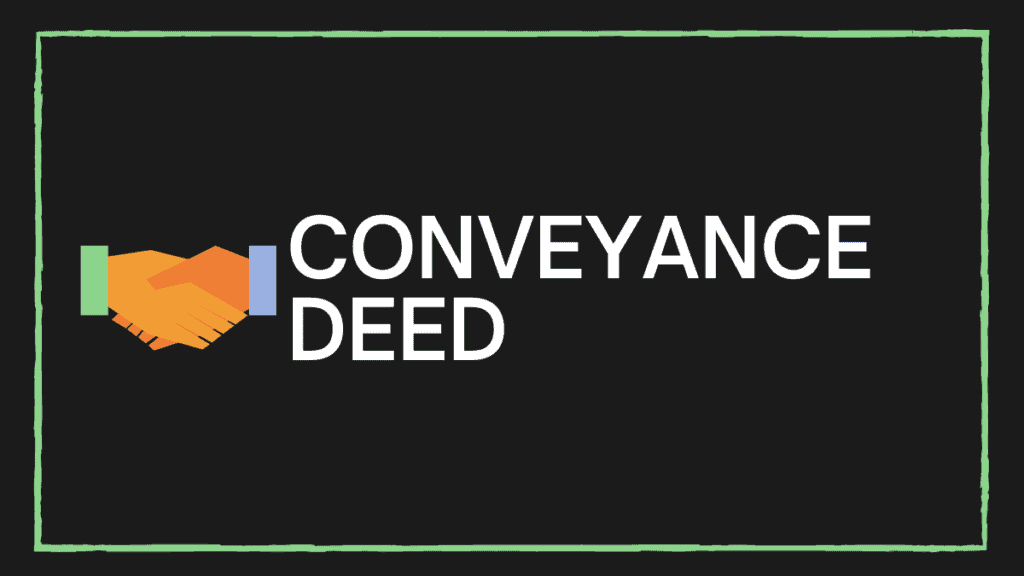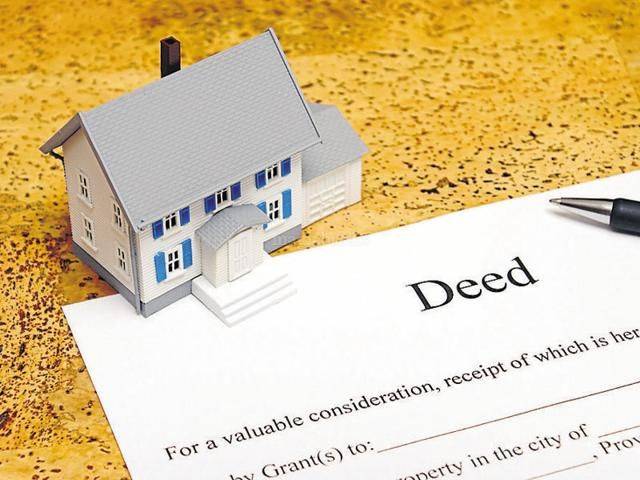Property Geek
We provide the actual and accurate information with unbiased user driven reviews to our viewers, to help them see the best and find the best!
View posts
When it comes to legal issues and paperwork, you have to be meticulous. Even the slightest mistake could lead to a huge loss, especially when you’re dealing with buying or selling property. The last thing you’d want is to get stuck in a legal trap. Before you sign a conveyance deed, there are some things you should keep in mind.
But first, in order to understand the meaning of a conveyance deed, it is important to know what a deed is.
So what is a conveyance deed? A conveyance deed is a legal document that includes all valid terms of the contract and is sealed, signed, and delivered to all parties of the contract (the buyer and the seller). It is mandatory that both the parties involved in the contract must sign the deed. This brings us to our next question.
The meaning of conveyance deed, in legal terms, the conveyance is the process of transferring property, rights, ownership, assets, title, etc. from one person to another. A deed refers to an instrument, like a written legal document that is signed by all the parties of a binding contract that is enforceable in a court of law. In such a case, the assets that are under consideration are immovable, such as real estate properties. A sale or purchase of an asset is never complete without a valid contract, which in this case is a conveyance deed.
So, in a conveyance deed, the owner of the property transfers all their legal rights to the buyer, against valid terms and conditions. A conveyance deed implies that the owner states that all authority and ownership of a property in question has been transferred to the buyer.
Conveyance deed on freehold property
Conveyance deed on leasehold property
Conveyance deed subjected to mortgage
Relinquishment deed
Gift deed

A conveyance deed is required to contain the following-
(Note– The stamp duty and registration charges differ state-wise)
A conveyance deed is sometimes confused with a sales deed. The concept might be similar, but they are two different things. It would be appropriate to say that- every sale deed is a conveyance deed, but not all conveyance deed is a sale deed. A few differences between a conveyance deed and a sale deed are mentioned below-
We hope the blog above has helped you understand the basics as to what, how, and why of the conveyance deed. There are many legalities in the process that one must make sure to keep an eye out for and be on the right side of the needful.
A deed refers to an instrument, like a written legal document that is signed by all the parties to a contract (the owner and buyer). A conveyance refers to the process of transferring ownership of the property to a buyer.
If there is no deemed conveyance, it means that the society does not have legal rights or ownership of the land. A conveyance deed is essentially one wherein the seller transfers all rights to legally own, keep and enjoy a particular asset.
A conveyance deed can be on a leasehold property. It means that the legal owner has rights to everything within the four walls of the property.
A conveyance deed means that the seller has signed a document stating that all authority and ownership of the property in question has been transferred to the buyer.
The conveyance deed must be registered at the local sub-registrar office to make it a valid contract. If it is not registered, then the buyer has the chance of losing the property.
No, all sale deeds are conveyance deeds but the reverse is not true.